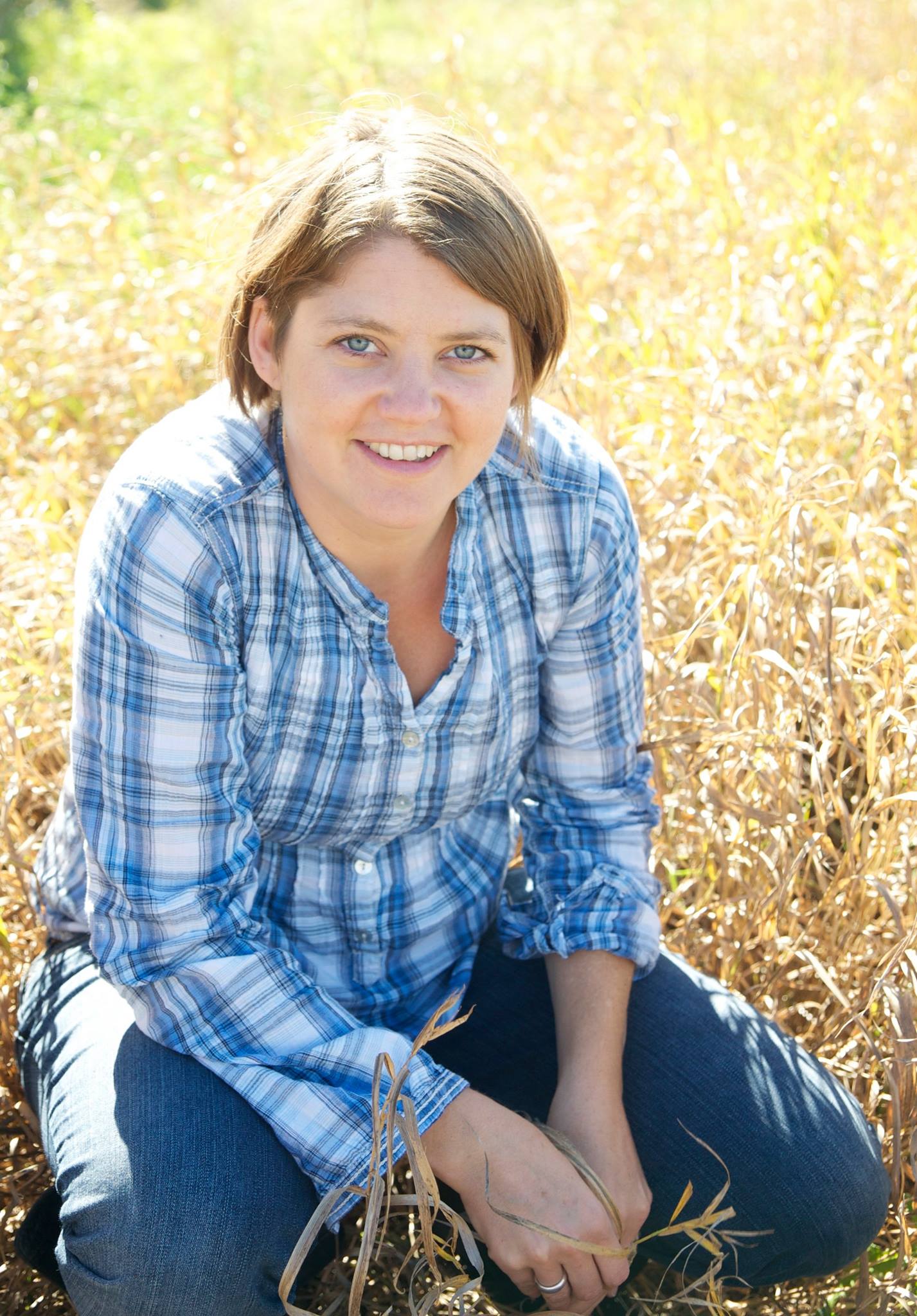



Bluetongue risk of transmission in high-risk UK counties
The activity of biting midges that spread the virus has increasedWith recent warming weather, and average daily temperatures being consistently above 12°C, bluetongue virus (BTV) transmission is now possible in high-risk counties, according to a press release from the Ruminant Health & Welfare group.
Chris Sanders, Research Fellow in Veterinary Entomology at The Pirbright Institute explains the reason why the temperature increase has a significant bearing on the threat that the new strain of bluetongue, BTV-3, poses to UK livestock.
“While there are currently no live cases of BTV-3 in the UK, and no evidence that there is circulating bluetongue virus, with the warmer temperatures we’ve recently seen, we know that the activity of biting midges that spread the virus has increased. The development of BTV in midges also depends on the temperature.
“It is now warm enough that if a midge were to come into contact with BTV-3, local virus transmission between midges and ruminants in the UK would now be possible.
“Bluetongue cases are being monitored on the continent. The extent of BTV-3 transmission in nearby European countries and meteorological factors will determine whether infected biting midges are blown over from northern Europe.
“During this period of warmer weather, and with disease reported on the Continent,we have to consider that the risk of BTV-3 being reintroduced to the UK will increase,” he says.
With the risk of local transmission now possible, Ruminant Health & Welfare reminds farmers to be aware of the BTV-3 risk for susceptible animals, apply caution and use evidence-based tactics to ACT and mitigate against the latest strain BTV-3.
Due to the proximity to the areas of Northern Europe, which are known to have been affected by BTV-3, the high-risk counties are Norfolk, Suffolk, Essex, Kent and East Sussex.
To monitor the change in risk for BTV-3, APHA, The Pirbright Institute and UK Met Office continuously track and assess wind patterns and temperature data.
There is currently no BTV-3 vaccine authorised or approved for use in the UK, however free testing is now available for animal keepers. The free testing is available to access if you plan to move susceptible animals out of the high-risk counties to live, or if you sell animals at a market within a high-risk county where there will be buyers from outside the high-risk counties.



